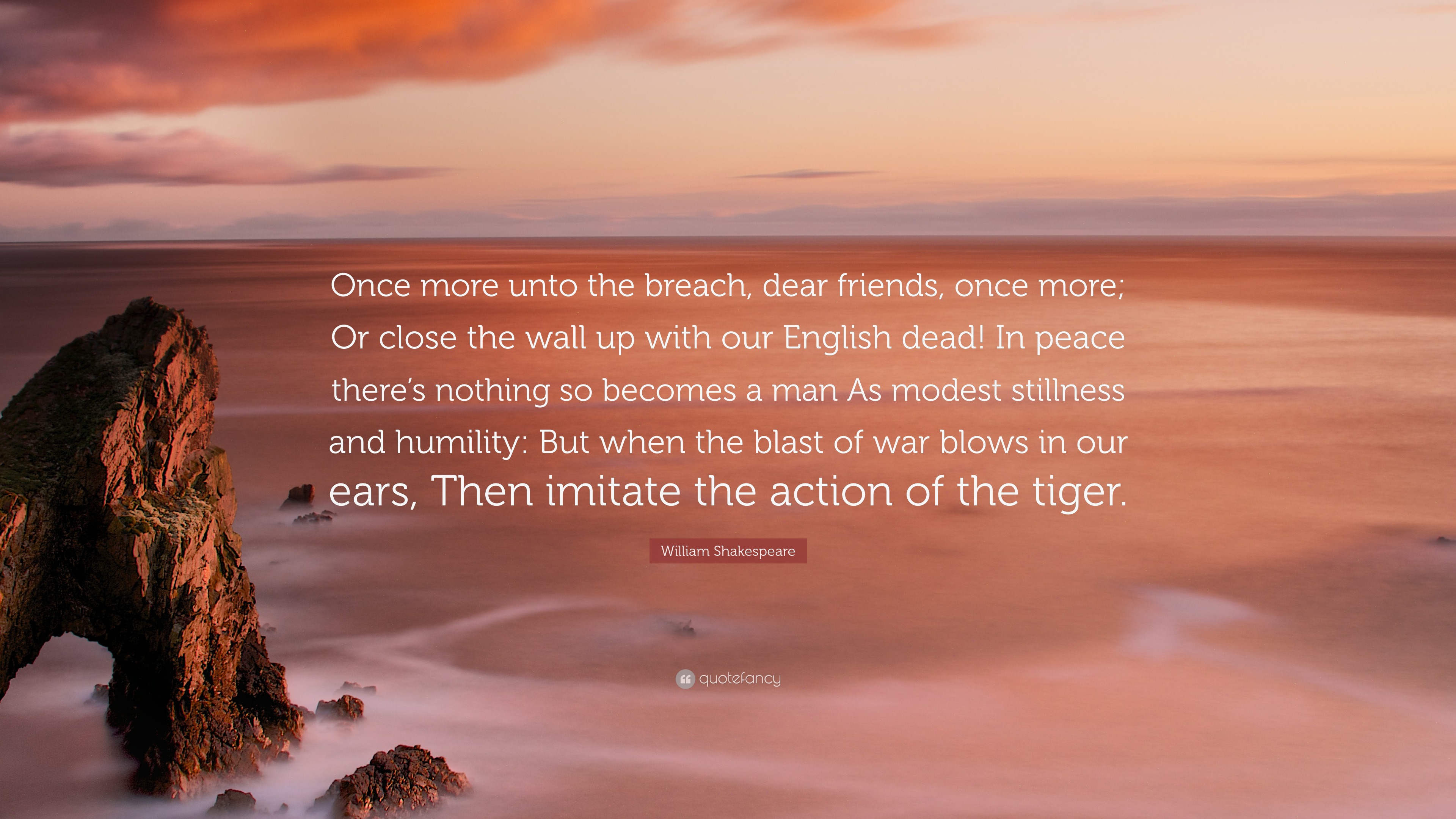

Each of these issues has engendered a broad range of articles, books, and debate. There are four primary challenges that a critical reader of the Bible will discover: epigraphy, archaeology, lower criticism, and higher criticism. Biblical criticism is no different – we will not attempt to tell the entire story of Biblical criticism here, but we will offer an entrance point for thinking through these weighty issues. This month, 18Forty will be thinking about an area of faith that is vulnerable for some, empowering for others, and will do so with insight and perspective about the dangers and possibilities that such conversations pose to faith.Ĭonversation around any topic that is centuries old and that encompass an entire body of literature can not, and should not, end in a day. Faith is an act of courage, and the vulnerability of faith is a testament to the strength of faith – not to its weakness.

Therein lies the essential significance of faith.”Įngaging in conversations around uncomfortable topics is one way to keep one’s faith “forever young,” as Frankl puts it. Because of the risk one has to believe every day anew, one has to affirm again and again. The element of risk is the source of tension that keeps the act of faith forever young. Then to affirm that God is “silent in His love” is the highest creative commitment of which a man may be capable. One may spend one’s entire life believing, yet God may remain silent and the loneliness of the soul may never be healed on this earth. “There is always an element of risk involved in faith. Victor Frankl put the question of risk in faith best: One can value the faith on each side of complexity – the texture and merit of a simple faith uninfluenced by the intellectual challenges to faith, as well as the value of a faith hard-earned after engagement with challenge. And perhaps it can be both: there might be a faith on this side of complexity, and a faith on the other side of complexity. Oliver Wendell Holmes Jr., who served as the Associate Justice on the Supreme Court, is often quoted as saying that “I would not give a fig for the simplicity this side of complexity, but I would give my life for the simplicity on the other side of complexity.” Faith can be simple faith can be complicated. Why Talk About Dangerous Topics?Ĭurious readers may wonder – why journey into such weighty, contentious territory? Why not stay in safer waters? Might this not hurt one’s faith? To think through this question, we have to think about the choice – or perhaps the perspective – of faith. Why are we exploring Biblical criticism and who will we be talking to? Read on. Does that preclude the notion of having an underlying narrative that animates the text of our lives? Join 18Forty, as we think about Biblical criticism, and these questions, together. What does it mean to be an author? If we were to look at our own lives as a text, is it coherent? Should it be? Maybe life is made up of multiple strands, orientations, stages, that have been stitched together. Scholars and novices alike voiced questions about the nature of the text, and broader questions about the very nature of authorship have since entered the conversation as well. But at the end of the seventeenth century, that began to change.

For centuries, people generally accepted that. Namely, that it was dictated by God and written by Moses.

All major religions hinge, to one degree or another, on the Divinity of the Bible. No book in human history has had its authorship contested – and no book has had as much at stake - as the Bible.


 0 kommentar(er)
0 kommentar(er)
